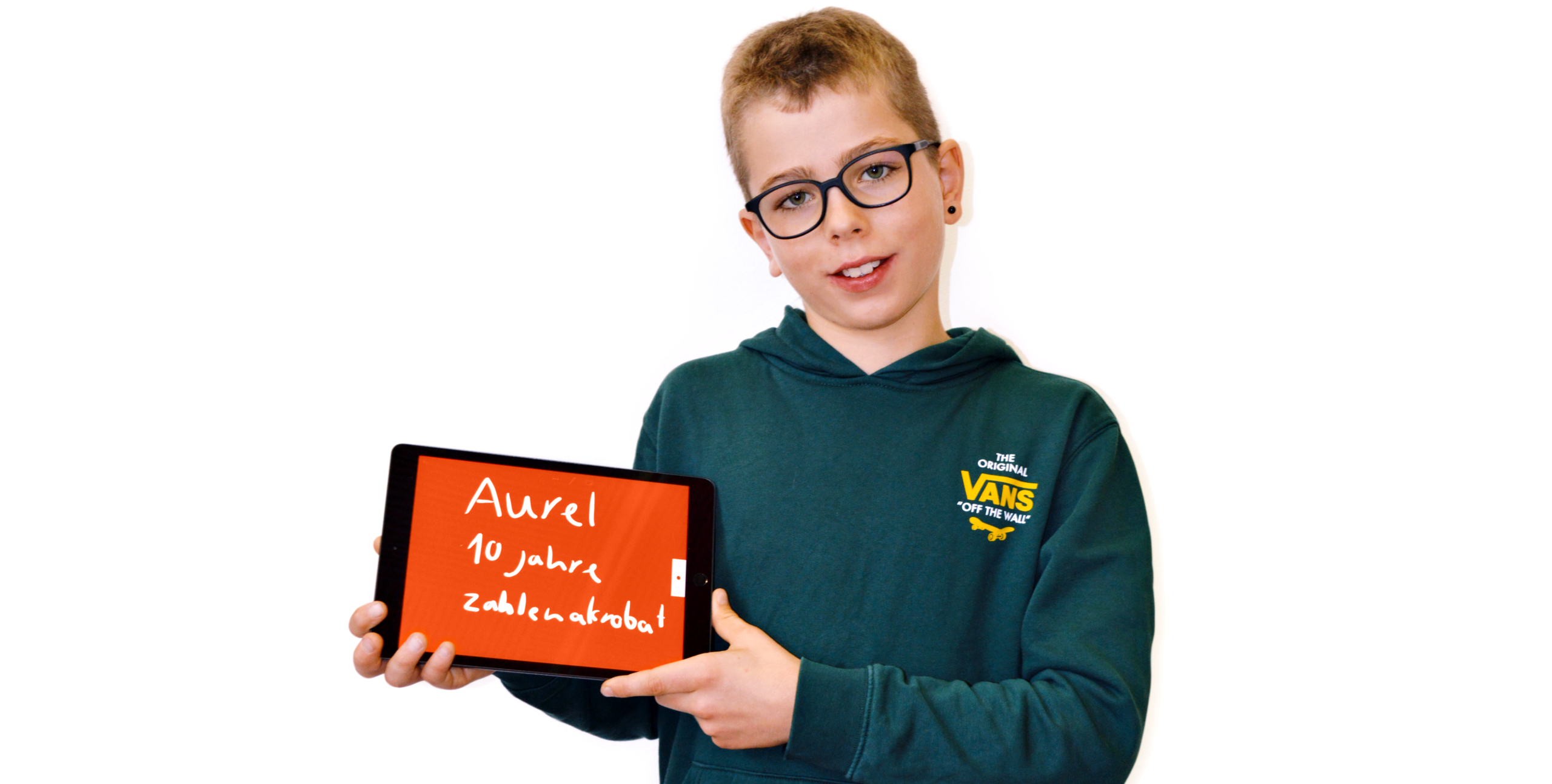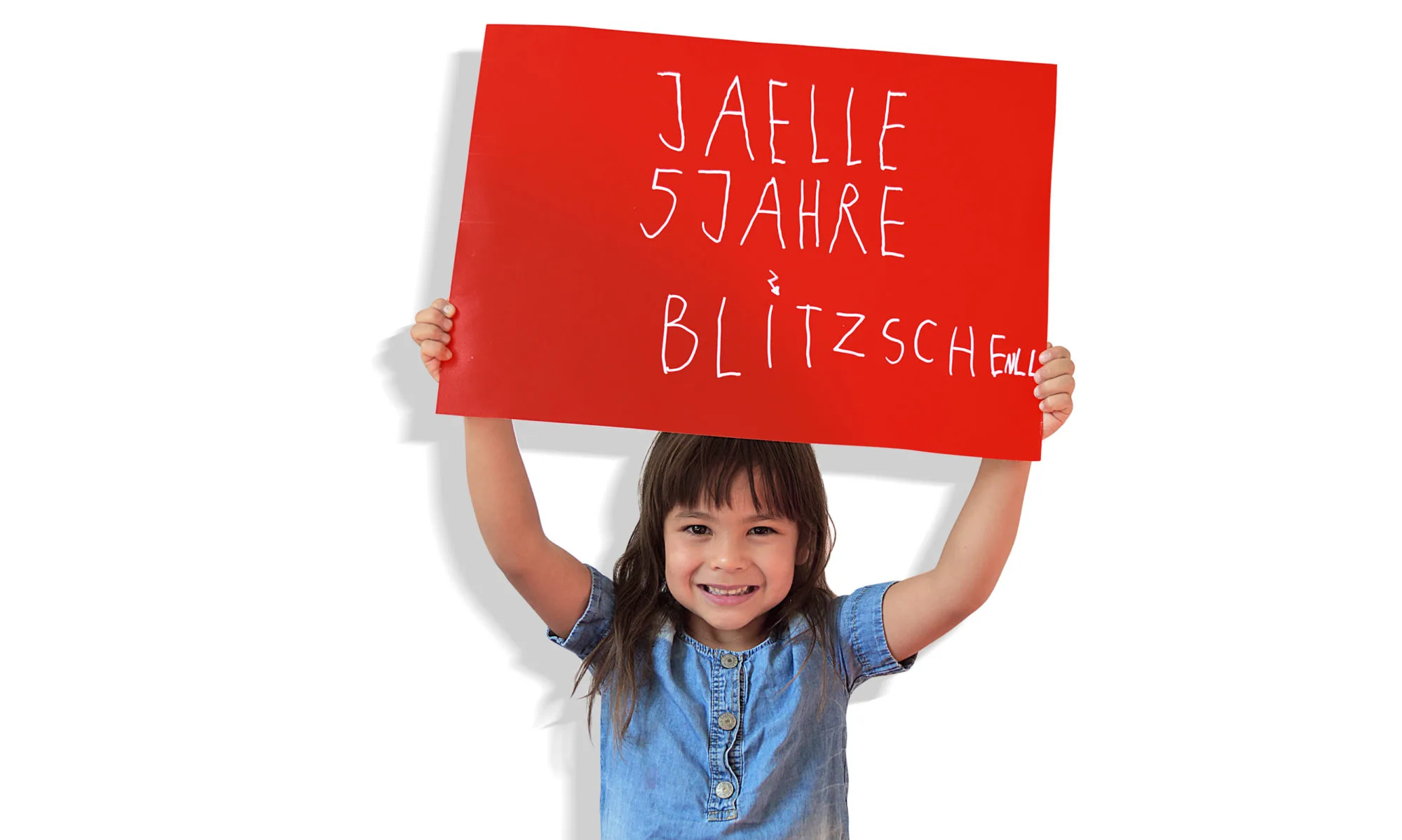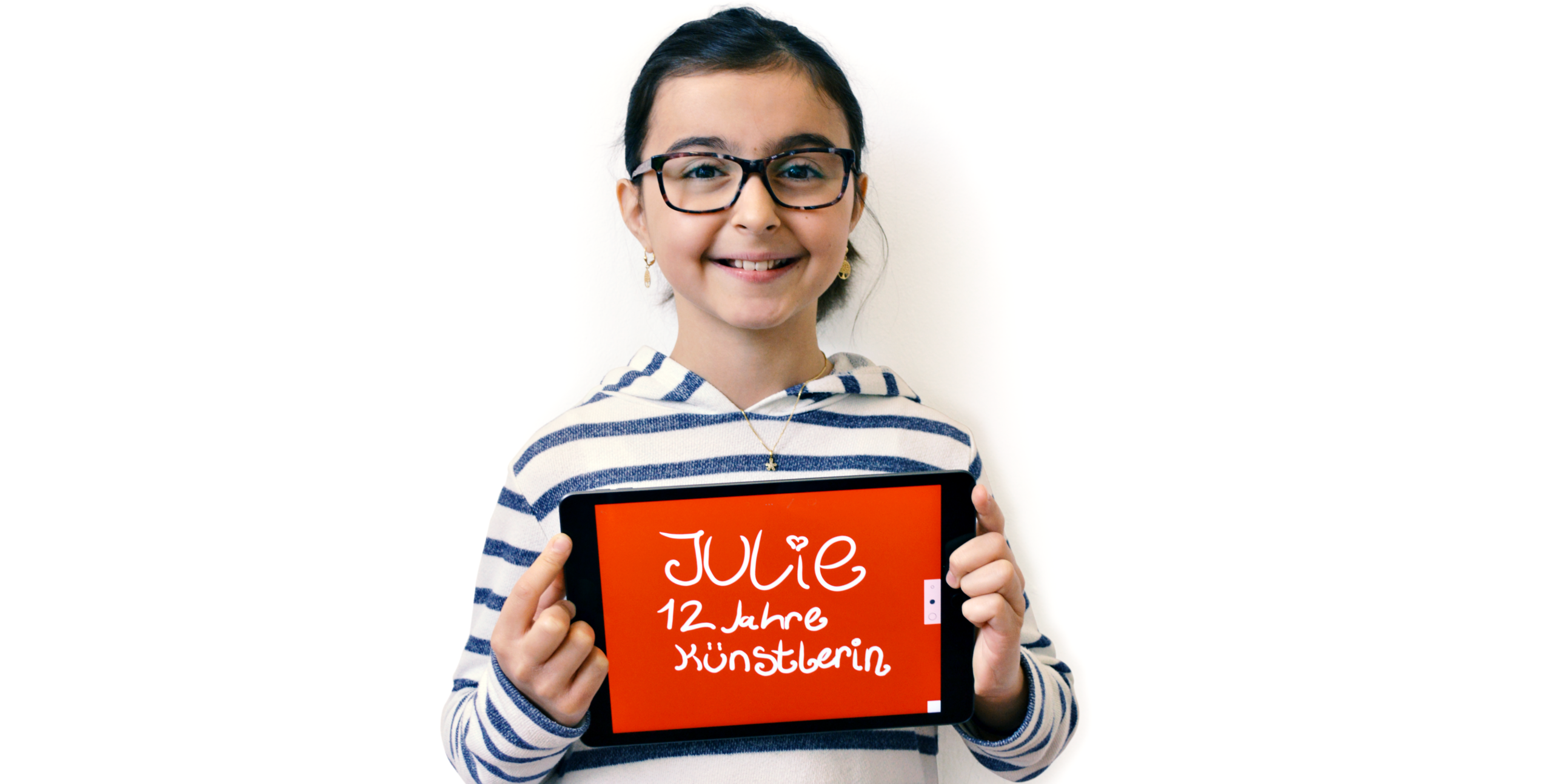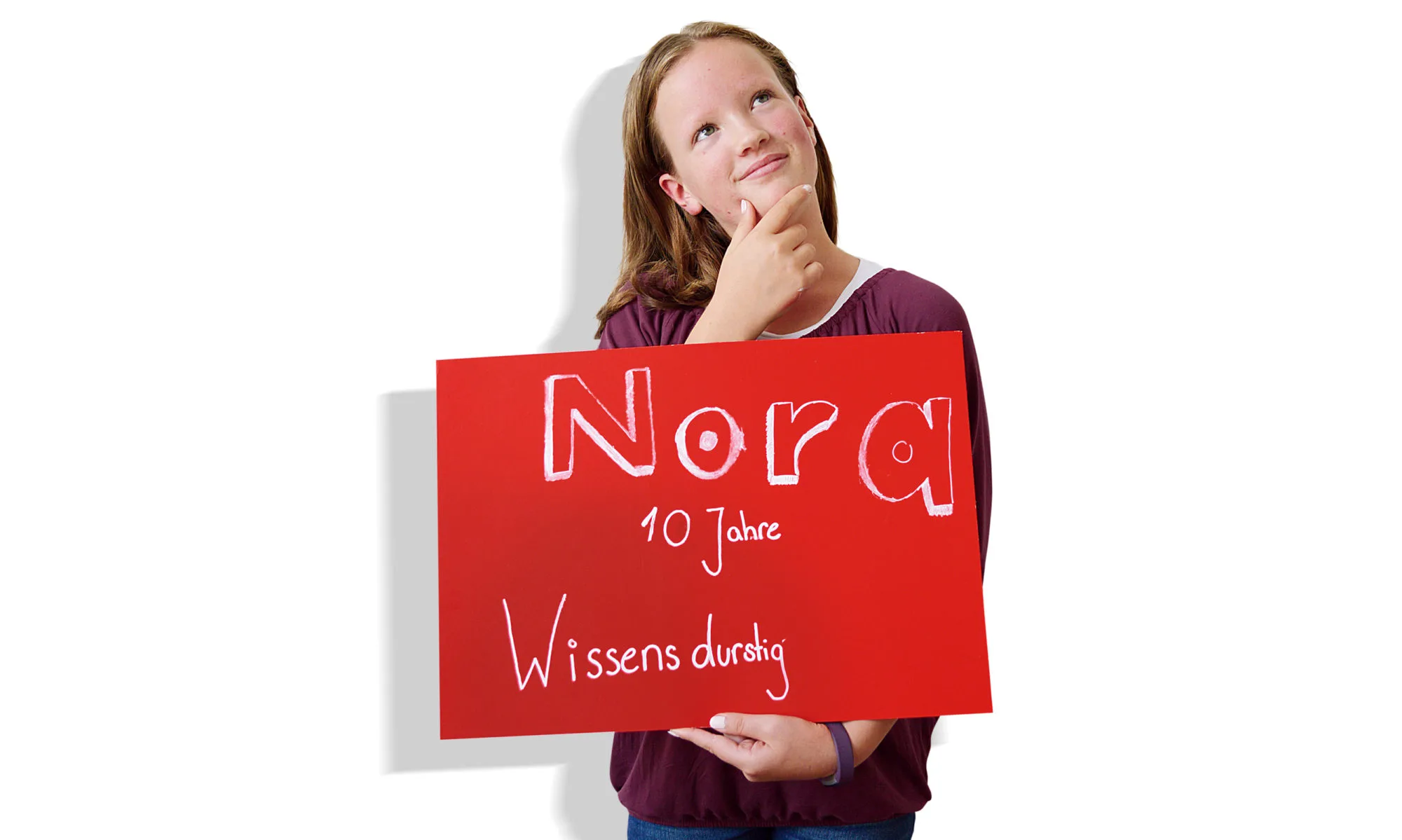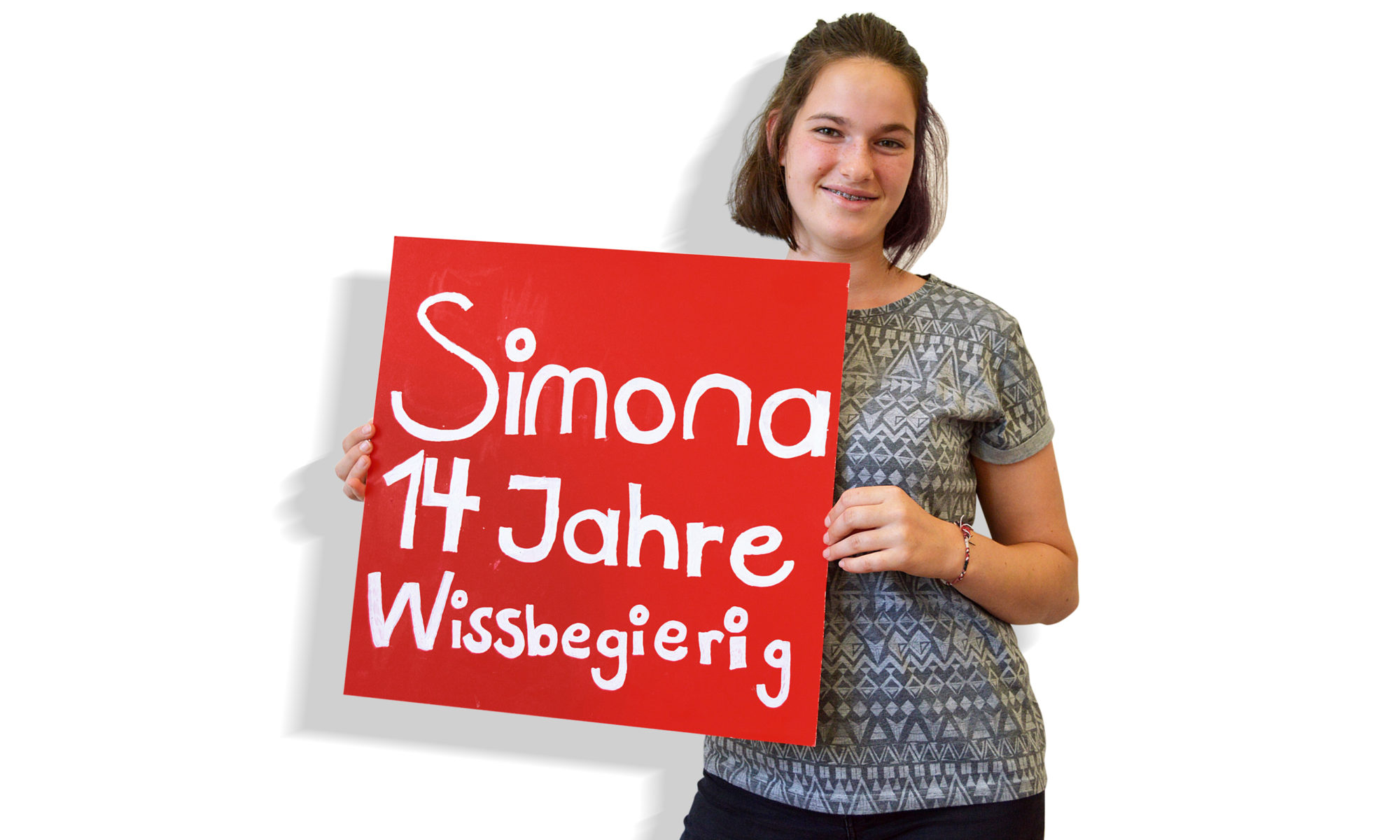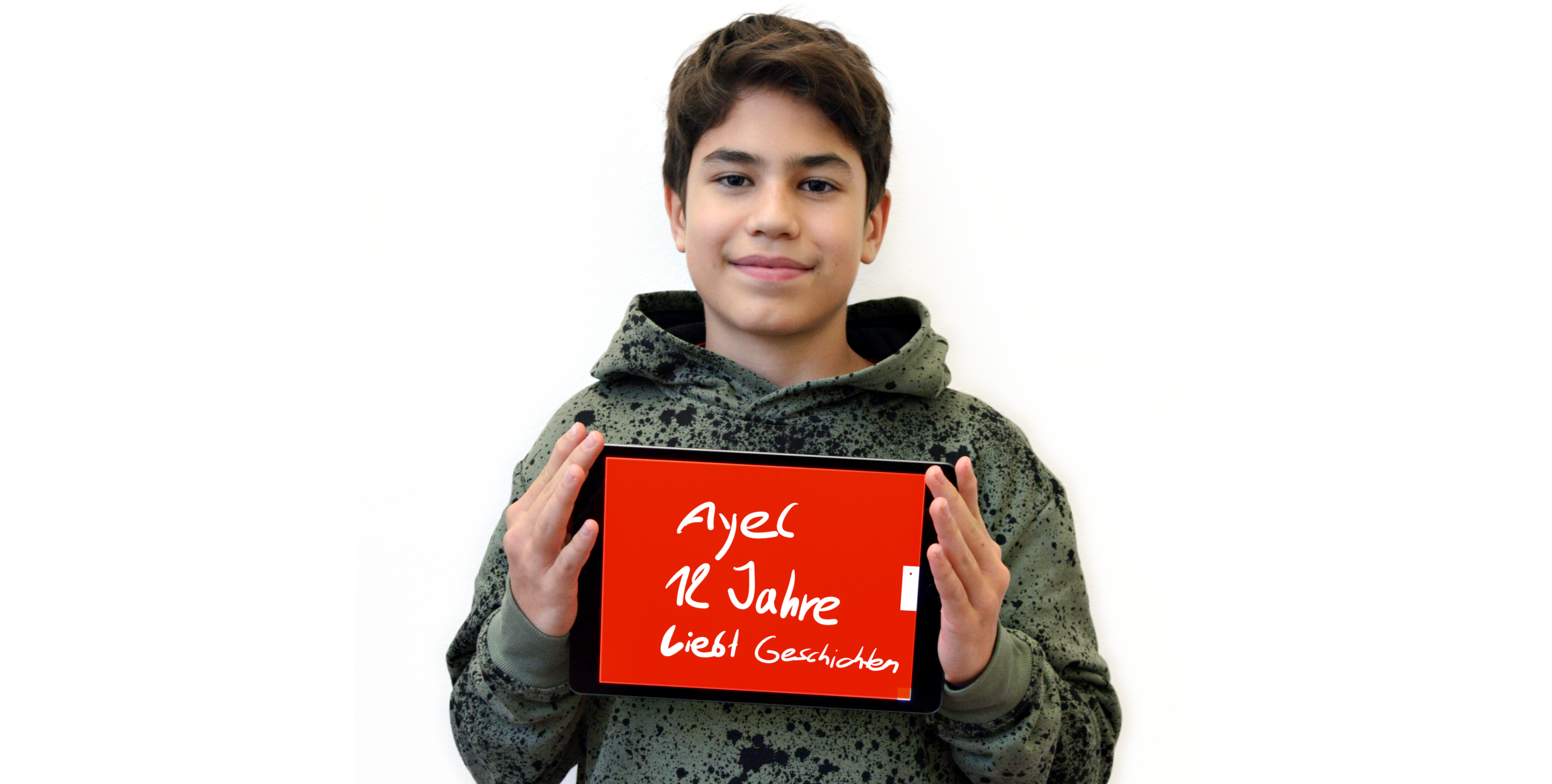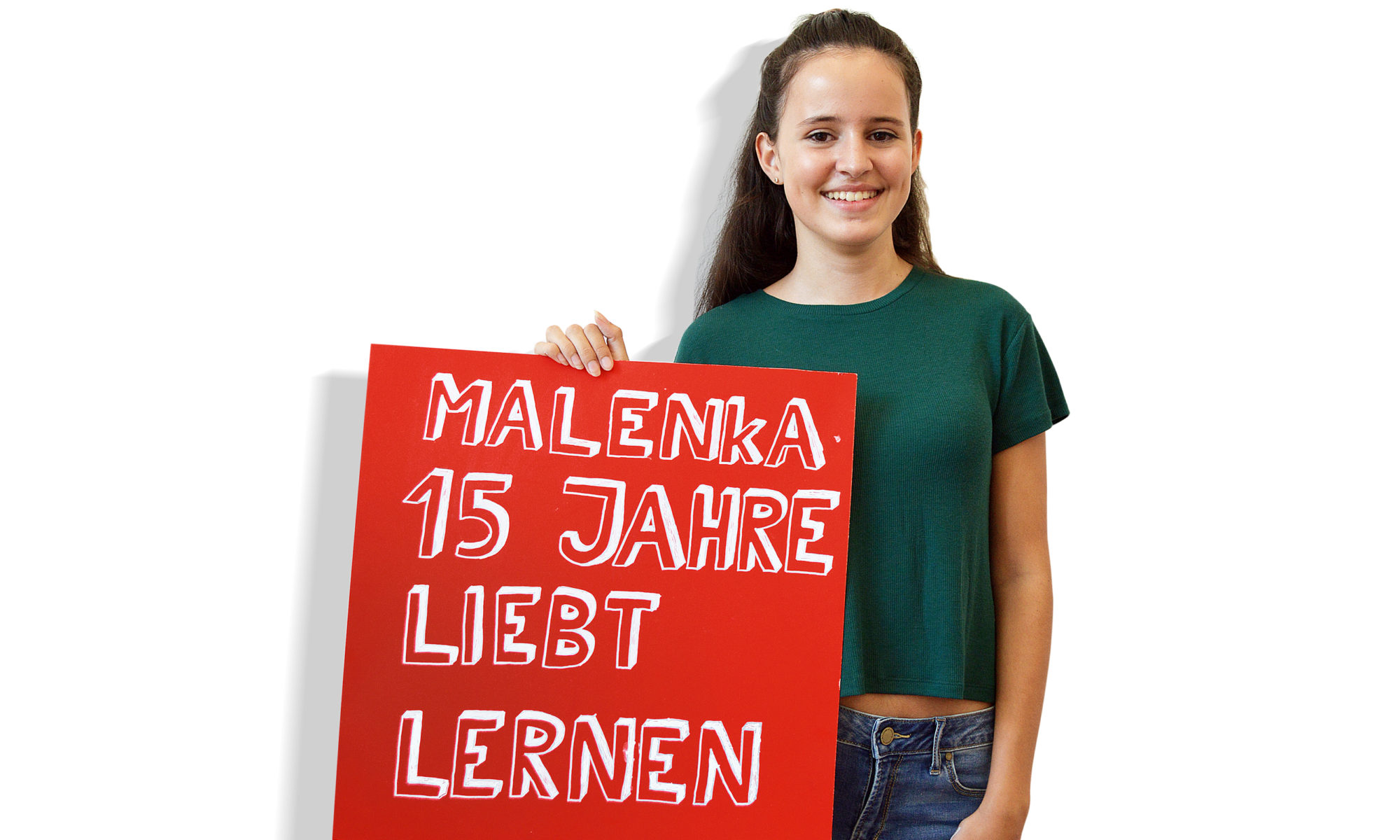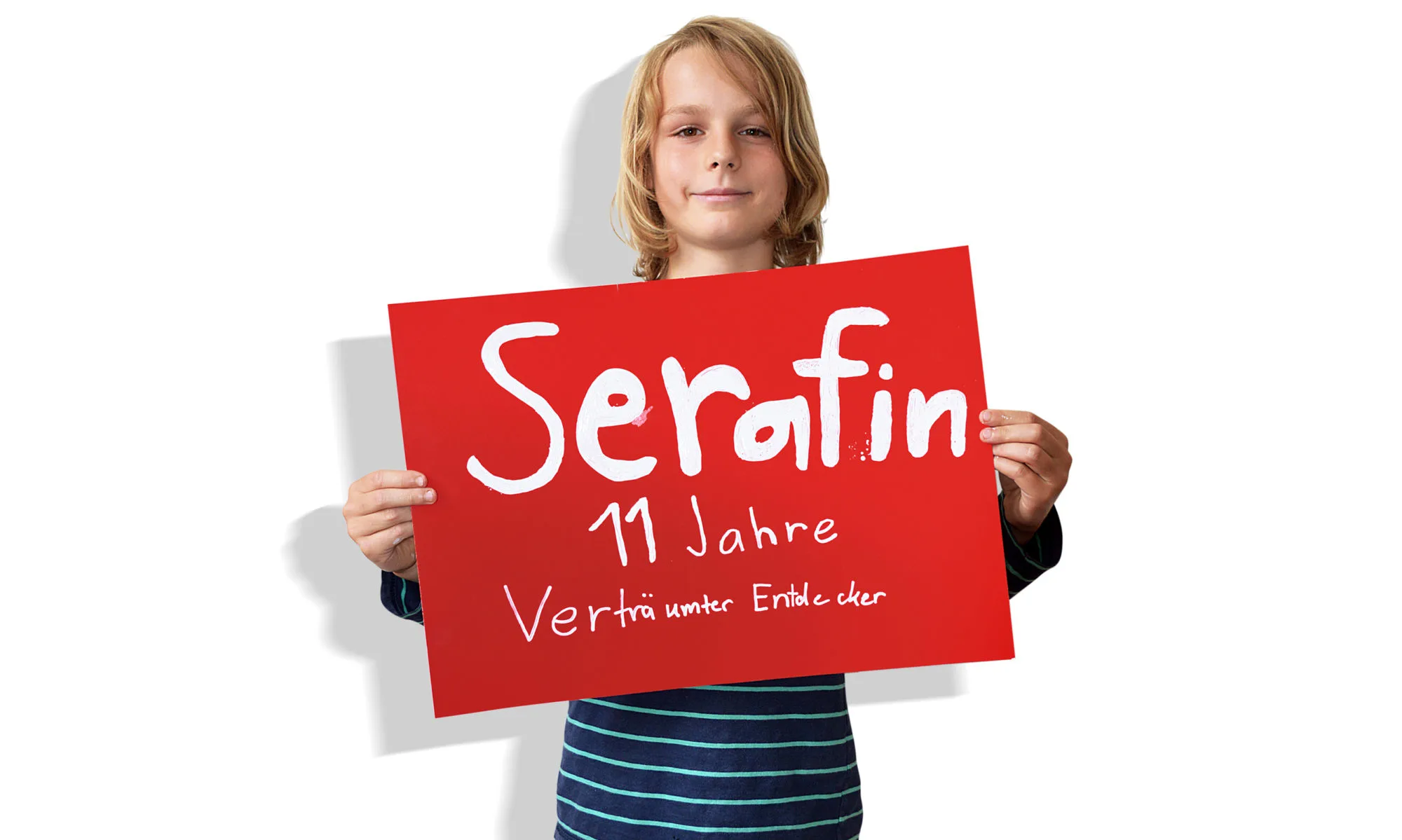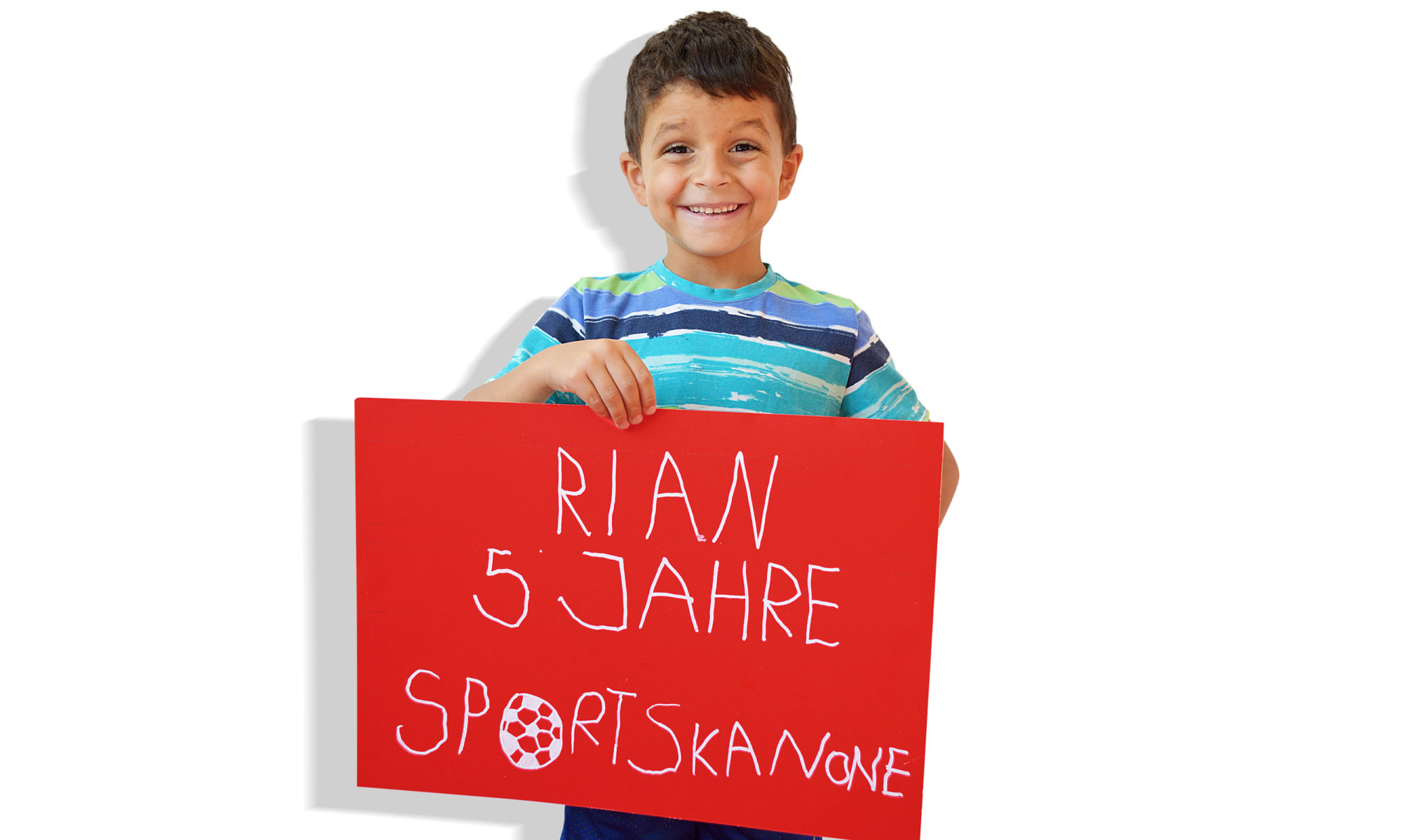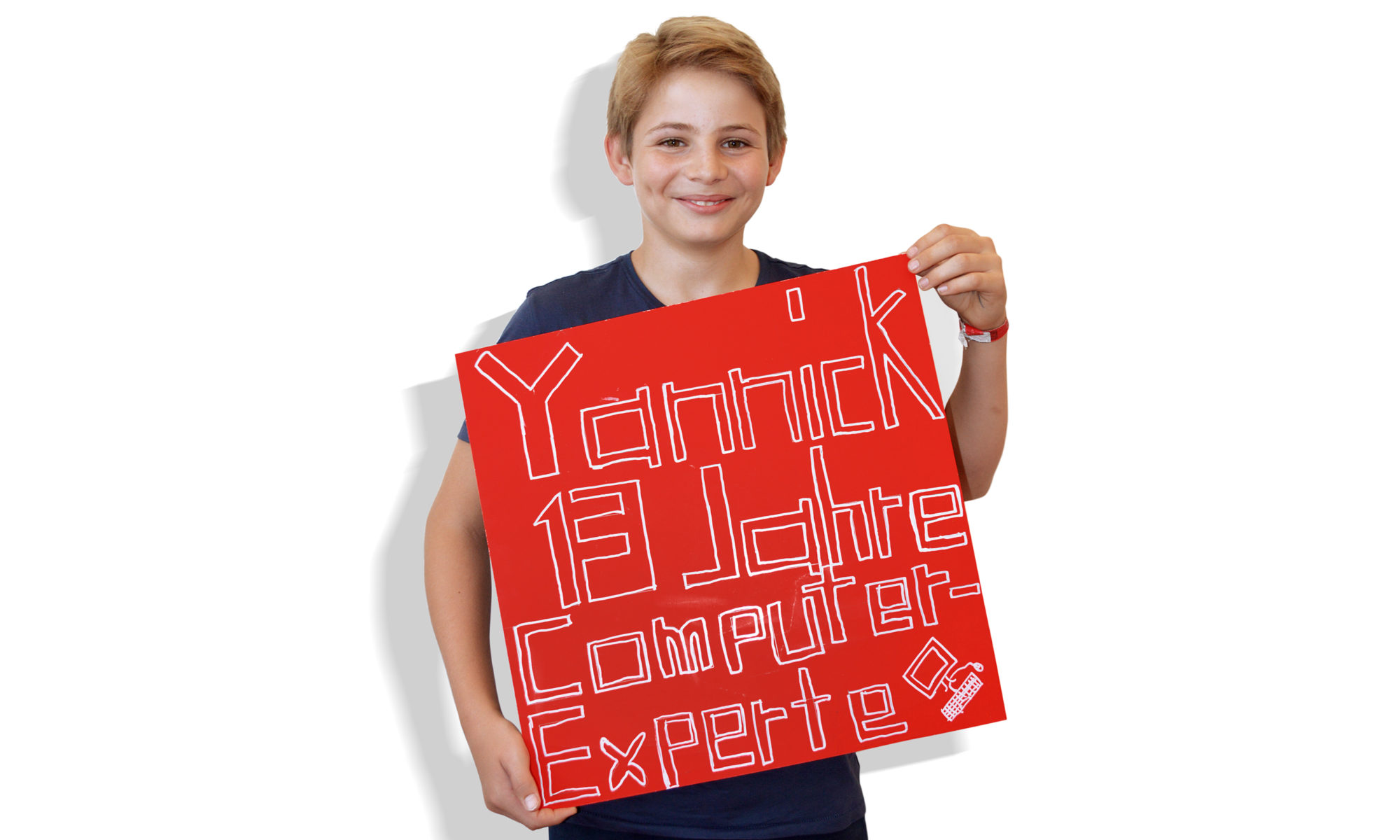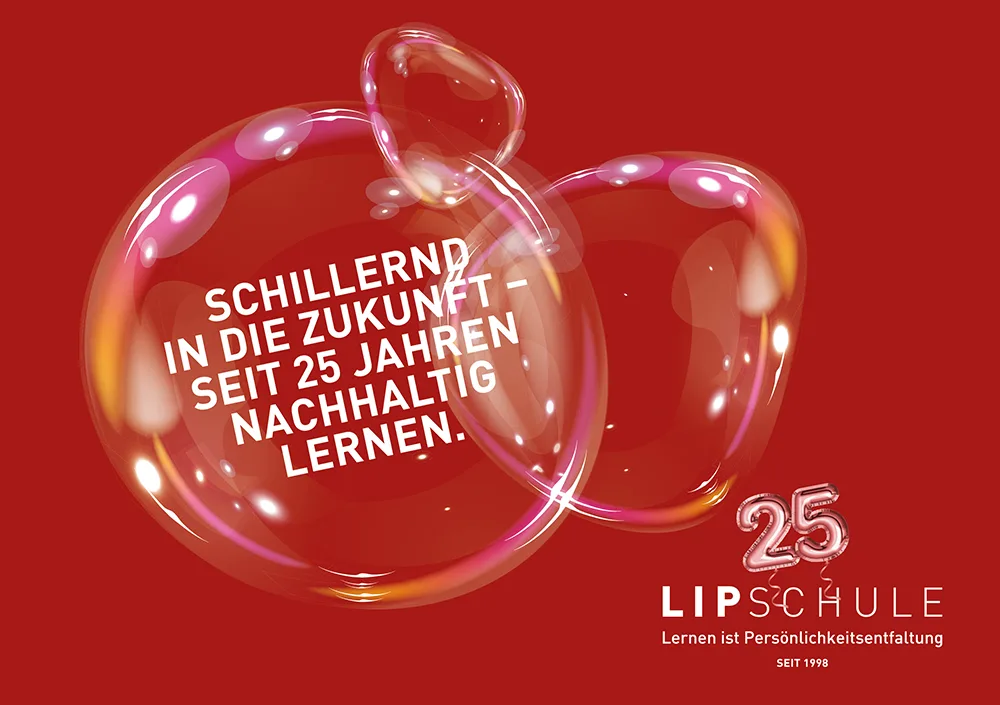25 years dedicated to children’s personal development.
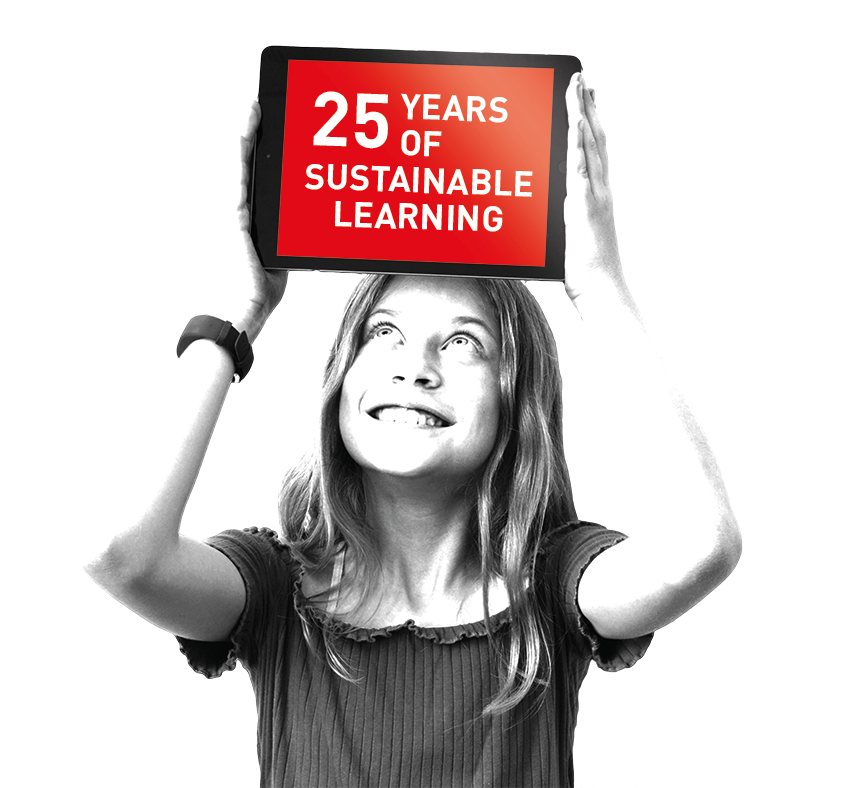
It’s hard to believe, but true: LIPSCHULE will be a quarter of a century old this year! We spoke to Erika Plattner, one of the co-founders, and Daniel Schubiger, a member of the current co-management team, about the school’s past and future. Our interview explored the school’s founding principles and the extent to which this vision has become a reality.
LIPSCHULE is 25 years old this year. What were the reasons behind its establishment back in 1998?
Erika Plattner: 25 years ago, most schools took a traditional, teacher-led approach to lessons. Teachers were able to run their classes however they saw fit, and so there was a lack of cohesion for children and their parents. Each change of teacher could result in a change of teaching style, and the teacher was always at the CENTRE. We felt strongly that this was not the best way to motivate children and young people to achieve good results and build their characters, so we established a private school based on Montessori education principles and the core idea of “Help me to do it myself”. The students are at the centre.
What obstacles did you have to overcome when founding the school?
Erika Plattner: After making an initial pledge, one of the investors unexpectedly withdrew, which of course presented us with some challenges. And it initially wasn’t very easy to find committed teachers to come on board.
What were the key factors behind your choice of location?
Erika Plattner: At that time, there was a shortage of innovative schools on the left bank of Lake Zurich.
Daniel Schubiger: The spacious premises of the former Dewald AG factory building provided an ideal setting; the location just outside the city meant that parents would not have to travel far to drop off and pick up their young children; and the bus stop just outside the building offered excellent public transport links. Last but not least, we were attracted by the building’s proximity to the lake, which gives us exciting possibilities for teaching lessons outside.
Do you feel the original vision behind the school has been realized?
Erika Plattner: Yes, absolutely. As a former member of the management team, I can say it is a pleasure to see LIPSCHULE’s continued development.
Daniel Schubiger: It’s a definite “yes” from me too. From the start, we’ve been focused on developing the potential of every single student, and that remains our priority today.
How many students attended LIPSCHULE at the start?
Erika Plattner: In the middle school, which is years 5 and 6, we had around 10 students, and there were 15 in the secondary school.
So it wasn’t yet possible for children to attend kindergarten or the first three years of primary school at LIPSCHULE. What was the reason for changing that a few years later?
Erika Plattner: Children are naturally curious, interested and motivated from birth, but they want to learn at their own pace – that’s what makes their experience of school mostly positive. Our main motivation was to make this possible from the very first day of kindergarten.
What else do you think has changed since the school was founded?
Erika Plattner: By learning from, and with, one another, we developed a modern form of independent learning that also translated to secondary school, i.e. Cycle 3. The school ownership and management team have also changed.
Daniel Schubiger: Of course, ongoing developments in society have had an impact at LIPSCHULE. Our communication with parents is more direct these days, and digital resources and social media now play a bigger role in daily lessons. For several years now, our catering team has been serving balanced, healthy meals prepared in our own kitchen. We also have various supervision options before and after school. Meanwhile, our group sizes within classes have become smaller: we now have between 10 and 12 students to one full-time teacher.
And what has stayed the same?
Erika Plattner: LIPSCHULE remains focused on the development of each and every child. The teachers and other staff give their all to ensure that our students and their parents feel listened to, valued and understood.
Daniel Schubiger: We still believe that relationships are a vital part of learning. Since the school was set up we have relied on a blend of individual support and lessons in small groups, underpinned by a culture of fairness and respect.
Looking to the future, how do you think the next 25 years might play out?
Erika Plattner: I think Cycle 1 is becoming increasingly important, because today’s parents understand that a love of learning is the best foundation for success at school.
Daniel Schubiger: I think it will continue to be crucial to base the opening hours of our full-day school on the needs of parents. And of course, it remains essential that we employ well-trained, motivated staff who will help us to stay innovative.
What are your hopes for LIPSCHULE over the next 25 years?
Erika Plattner: That it will continue its positive development and remain a place where everyone – children, staff and parents – feels comfortable and at home. In my view, this means the school should not become any bigger: I tend to believe that good things come in small packages.
Daniel Schubiger: My greatest wish is for continuity in the team, because we have excellent staff. And, of course, reliability, confidence, curiosity and innovation – at all levels.
<<<

